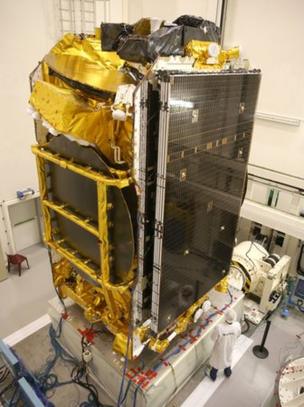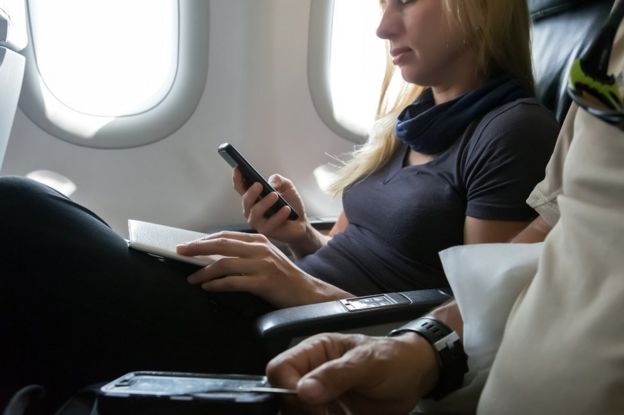Poland air crash probe: Remains of ex-president mixed up
Polish investigators say remains of
two other people have been found in the coffin of ex-President Lech
Kaczynski, who died with dozens of other top officials in a plane crash
in 2010.
Twenty-seven exhumations have been carried out so far since Poland started a new crash investigation last year.
The disaster happened near Smolensk in western Russia, as the government plane was coming in to land in thick fog.
Victims' remains were mixed up in 11 other coffins, investigators say.
The crash of the Soviet-built Tu-154 jet killed 96 people - the worst such disaster for Poland since World War Two.
Senior
state and military officials had been on their way to a ceremony to
mark the 70th anniversary of the Katyn massacre, in which more than
20,000 Polish officers were murdered by the Soviet secret police.
Russian and Polish investigations concluded that the crash was mainly caused by pilot error.
But
the nationalist Law and Justice party (PiS), led by Lech Kaczynski's
twin brother Jaroslaw, swept to power in October 2015 elections, and
launched a new investigation.
Some PiS members believe the plane
was brought down by an explosion. Some also claim that the Russian air
traffic controllers deliberately misled the crew.
- The shadow of the tragedy continues to darken Polish-Russian relations.Poland started the exhumations last year after errors were allegedly found in Russian forensic documents. In all, 83 exhumations are planned.
No evidence of conspiracy: By Adam Easton, BBC News, Warsaw
What this painful and shameful discovery shows is that the autopsies on the victims' remains, carried out in Russia in the days after the crash, were inadequate, rushed and flawed. Correctly identifying the victims of a plane crash is difficult. Experts reckon it can take up to a month, due to the massive impact and extent of injuries. In this case, dozens of sealed coffins returned to Poland within five days of the disaster.The mix-up reflects poorly on Donald Tusk's Polish government at the time. What it doesn't do is bolster the theory promoted by the current PiS government that the plane was brought down by a bomb.The previous Russian and Polish investigations concluded that the pilots had ignored electronic warnings to "pull up" in dense fog, as they tried to get a sighting of the runway. The current investigation, which has been working for 18 months, has failed to produce any credible evidence to support the assassination theory. Nor have the prosecutors, presiding over the exhumations.
In a statement on Thursday, Polish Deputy Prosecutor General Marek Pasionek said that in two cases remains had been swapped, while nine other coffins were found to contain various mixed-up remains.According to Mr Pasionek, citing the results of DNA tests: - Gen Bronislaw Kwiatkowski's coffin contained 14 body parts belonging to seven different people
- Gen Wlodzimierz Potasinski's contained six body parts belonging to four other people
- Archbishop Miron Chodakowski's coffin contained his body from the waist up and the body of Gen Tadeusz Ploski from the waist down
- Only half of Gen Ploski's body was found in his coffin.
Magdalena Merta, widow of ex-culture ministry official Tomasz
Merta, said the Russian post-mortems showed "nonchalance in the best
case and ill-will in the worst case". She accused Russia of "a filthy
attitude towards our dead".
Nine post-mortems conducted by Poland before 2016 revealed that six bodies had been wrongly identified.
BBC NEWS





















